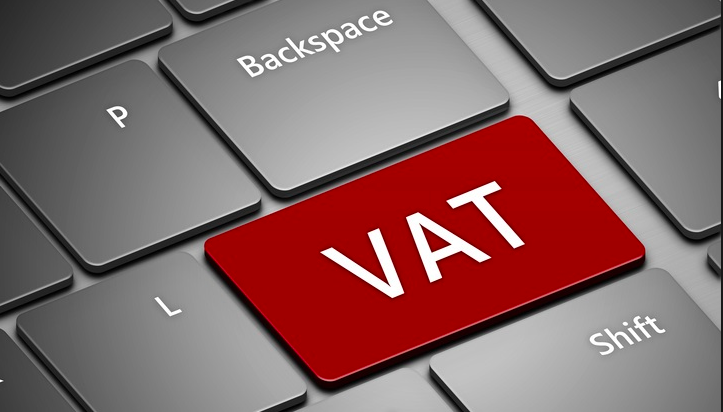Value Added Tax (VAT) is a popular form of indirect taxation. VAT is a tax on the supply of goods and services which is eventually borne by the final consumer but collected at each stage of the production and distribution chain. It is eventually borne by the final consumer, (however sometimes multiple layers do bear part of the burden e.g. VAT on tax on services and fixed assets)
The standard rate of tax is currently 5% of invoice value of goods and services. This excludes items specifically stated as exempt or zero-rated.
As an aftermath of the approval of the increase in minimum wage, the FIRS has announced an increase in VAT. This is targeted between 35% to 50% increase in 2019.
The Chairman of the Revenue service made the disclosure when he and other top officials in the Federal Ministry of Finance appeared before the Senate Committee on Finance in Abuja, on Tuesday, March 20, 2019.
THE IMPACT
With the increase in VAT, the increase in the minimum wage can as well be said to be worthless. It is as good as just a shot at an airplane mid-air, crashing the relevance of the increment in minimum wage. This will affect the general price level hence, increased standard of living. This is as a result of value added tax registered companies transferring the tax expense on its customers. This will raise the value of their goods and services.
So as far as the VAT increase is likely to take effect in 2019, it’s back to square one for the Nigerian workers. The reason for the call to increase minimum wage was due to the inability of the N18, 000 to meet daily needs, but if the minimum wage and VAT are increased simultaneously, then Nigeria will for many years retain its position as the world’s poverty capital.
Source:https://nairametrics.com/2014/09/11/what-you-need-to-know-about-value-added-tax-vat-in-nigeria/

